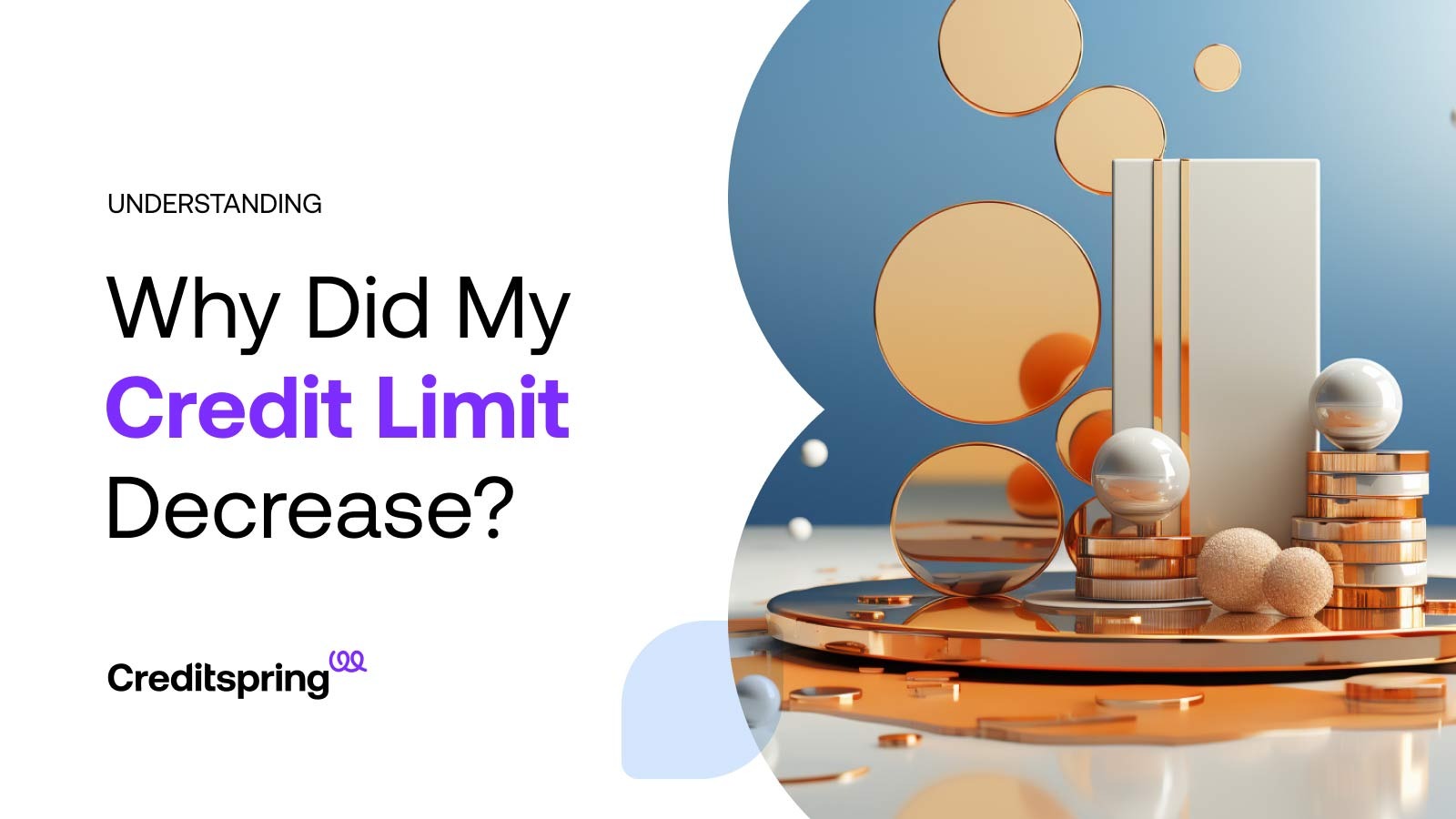

Depending on how you manage your credit, certain things can impact your limit.
When completing a credit application, your credit report, credit history and other information are considered..
The lender will use this to determine the amount of credit you qualify for.
A credit limit is the maximum amount of money you can borrow . This is the amount the lender is willing to make available for you to use. Whether that be a mortgage, personal loan, or credit card application. .
For example, if you have a credit card, the credit limit minus your outstanding balance on the card, will be your ‘available credit’ that you have left to make use of if needed.
For example, if you have been given a credit limit of £2,000 and your various purchases come to a total of £1,000. You will have an available credit of £1,000 left.
If there are purchases made that exceed your limit, the purchases will decline.
Various factors determine the credit limit you are eligible for. Each person's credit limit differs depending on how they manage their finances and spending. These factors include:
Your monthly income
Monthly payments - Household bills and monthly costs
Debt still outstanding - Other credit cards, loans, and mortgages.
Credit history and credit score
Payment history with other lenders
Sometimes lenders reduce your credit limit. This will be due to various factors and information the lender receives from Credit Reference Agencies (CRAs).
The reasons could be any of the following:
Regular missed payments
Going over the credit limit
Repayments made that are lower than your balance
A high number of cash transactions
Multiple applications for new credit in a short space
Being bankrupt
The above reasons are all relevant factors that can cause a reduction in your credit limit. The lender does this to lower overall risks for them and the borrower.
Lenders will first notify you if your credit limit is to be reduced. You can contact them if you want to appeal the limit..
The best way to do this would be to contact your lender and ask why they want to cut your credit limit.
If you are unable to appeal your limit reduction, you might be able to get a new credit card with the limit you are wanting. However, it’s important to note that lenders are more willing to offer you a higher limit if you have a good credit score..
You will, however, first need to go through the application to see what your credit score is to apply for a card with a higher limit.
When it comes to your credit limit, there are a few do’s and don’ts to remember. .
If you request a high credit limit, you are putting yourself at risk of being financially stretched. If you have a low limit, you will likely use a larger portion of the credit..
When applying for credit, try to find a middle-ground credit limit that will work for you. This will also show lenders that you can handle the credit limit set and that you have control over your finances.
If you ask for a higher credit limit, it will show up on your credit report. Only apply for a higher limit if you can comfortably afford it - and avoid any unnecessary applications as every credit check gets recorded on your profile and may end up reducing your overall credit score.
Exceeding your credit limit will have a very negative effect on your credit score and it will significantly increase your credit utilisation.
You need to take into account how much you can afford to pay each month. If you have a higher credit limit than you can afford this will cause problems later on when it comes to other applications or even bad debt due to not being able to afford repayments.
When limiting the amount of credit you use it will show that you are able to work with your finances and manage your money well. Using more significant portions might indicate financial difficulties.
Instead of asking the bank for a credit limit, wait for them to offer one to you. The bank giving you a higher credit limit is safer than asking for a limit increase. Requesting an increase will show up on your credit history and can have a negative impact.
Your credit limit matters. With credit being an essential part of our world today, limiting your spending and being responsible with credit and repayments will always have a positive impact when it comes to future applications and your credit record.